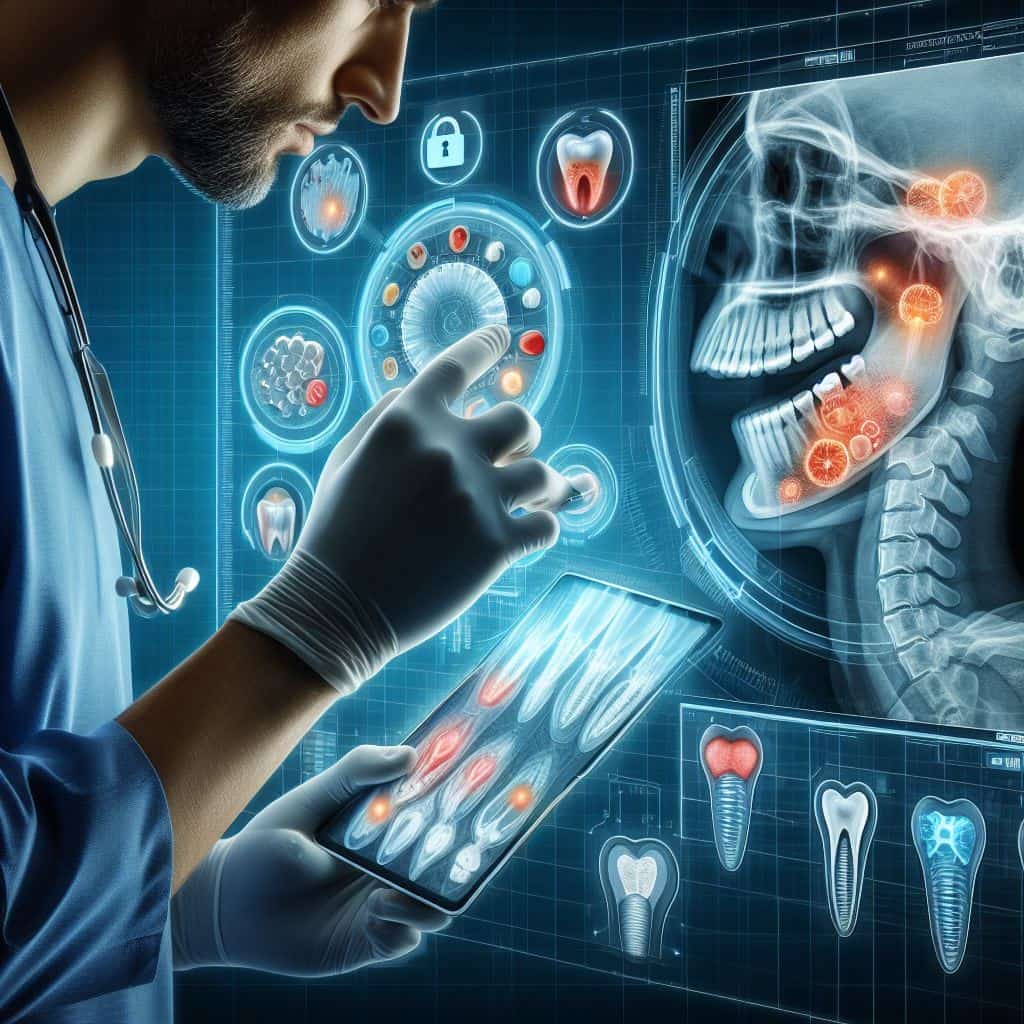In the world of dentistry, the eyes can only see so much. While a visual examination is crucial, there are intricate details that lie beneath the surface, invisible to the naked eye. This is where dental X-rays step in, playing a pivotal role in uncovering hidden dental issues and providing a comprehensive view of oral health.
A Closer Look: How Dental X-Rays Benefit Patients
Imagine trying to build a house without a blueprint. Similarly, diagnosing and treating dental problems without X-rays can be likened to working in the dark. Here’s how these images benefit both patients and dental professionals:
- Detecting Cavities: Dental X-rays can reveal cavities between teeth, an area where cavities often develop and remain undetected in visual examinations. They also help in identifying cavities under existing fillings.
- Assessing Bone Health: X-rays provide a glimpse into the health of the jawbone, helping dentists detect issues such as bone loss due to gum disease or other conditions.
- Monitoring Development: In children and adolescents, X-rays are crucial for monitoring the development of teeth and jaws, helping identify potential issues early on.
- Detecting Infections: X-rays can reveal abscesses, infections, and cysts that may not be visible externally, enabling prompt treatment and preventing further complications.
- Planning Treatments: X-rays assist dentists in planning various treatments, such as orthodontic procedures, dental implants, and extractions, by providing a clear view of the tooth and jaw alignment.
Safety and Necessity of Dental X-Rays
One of the common concerns regarding dental X-rays is their safety. It’s important to note that dental X-rays emit minimal radiation, making them safe for most patients. The benefits they offer in terms of early detection and treatment far outweigh the minimal risks associated with radiation exposure.
Additionally, regular dental X-rays are essential for maintaining optimal oral health. They help dentists detect issues early, prevent complications, and tailor treatment plans according to individual needs. Skipping X-rays due to concerns about radiation exposure can result in undetected dental problems, leading to more extensive and costly treatments in the future.
Putting Your Trust in Pristine Smiles
At Pristine Smiles, we understand the importance of dental X-rays in providing comprehensive care to our patients. Our team of experienced professionals utilizes advanced technology, including digital X-rays, to ensure accurate diagnosis and personalized treatment plans. By incorporating dental X-rays into our practice, we aim to safeguard your smile and overall well-being, ensuring you receive the highest quality of care.
FAQs
Q: Do dental X-rays show all types of cavities?
A: Dental X-rays can reveal cavities between teeth and beneath the gum line, areas not visible to the naked eye during an exam. However, some small or early cavities may not be visible on X-rays.
Q: Are dental X-rays really necessary?
A: Yes, dental X-rays are essential for detecting issues such as cavities, infections, bone loss, and impacted teeth that may not be visible during a visual exam. They help dentists diagnose problems early, leading to better treatment outcomes.
Q: Can an OPG X-ray detect tooth cavities?
A: Yes, an Orthopantomogram (OPG) X-ray can detect cavities, especially in the back teeth, which are difficult to see with a visual exam alone.
Q: Why do dentists insist on X-rays?
A: Dentists recommend X-rays to detect hidden dental problems early, prevent complications, and create an accurate treatment plan tailored to each patient’s needs.
Q: Are dental X-rays safe and needed?
A: Dental X-rays are safe, with minimal radiation exposure. They are necessary for detecting dental issues that may not be visible during a regular exam, ensuring comprehensive oral health care.
Q: Can a dental X-ray not show an early infection?
A: While X-rays are effective in detecting many dental issues, including early-stage infections, some infections may not be visible until they have progressed. Regular check-ups and X-rays help catch problems early.


